“Back to our respective cages.”
|
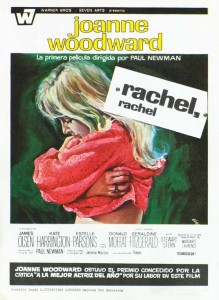
Synopsis:
Unmarried schoolteacher Rachel (Joanne Woodward) lives alone with her sickly mother (Kate Harrington). When she finally gets a chance at love with a visiting classmate (James Olson), she tries to break free from her confining existence.
|
|
Genres, Themes, Actors, and Directors:
- Character Arc
- First Love
- Geraldine Fitzgerald Films
- Joanne Woodward Films
- Paul Newman Films
- Spinsters
- Teachers
Response to Peary’s Review:
As Peary notes, Joanne Woodward — “one of our finest actresses” and “perhaps our most likeable star” — is “brilliant” in her husband Paul Newman’s directorial debut as a spinster schoolteacher who’s “tired of her boring smalltown existence” and longs “to say something I’ve never said before — I’m happy!”
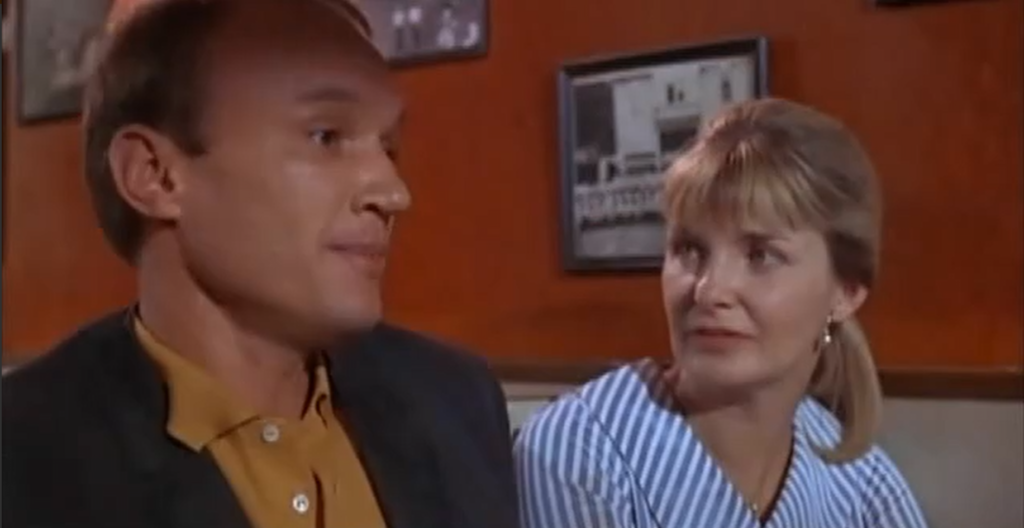
While it’s tragic watching Rachel invest so much in her first affair given her inevitable disappointment, Woodward manages to convince us that Rachel will rally through and make the best of her experiences. This is a woman who is finally finding her personal strength, and a better life is surely ahead for her.
Redeeming Qualities:<
- Yet another excellent, unsung performance by Joanne Woodward
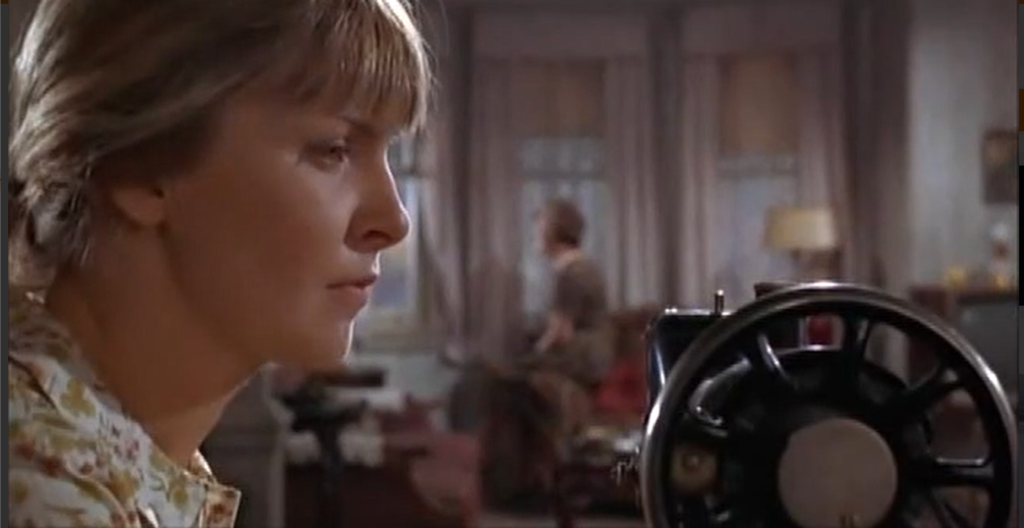
- Estelle Parsons as Rachel’s joyful friend Calla
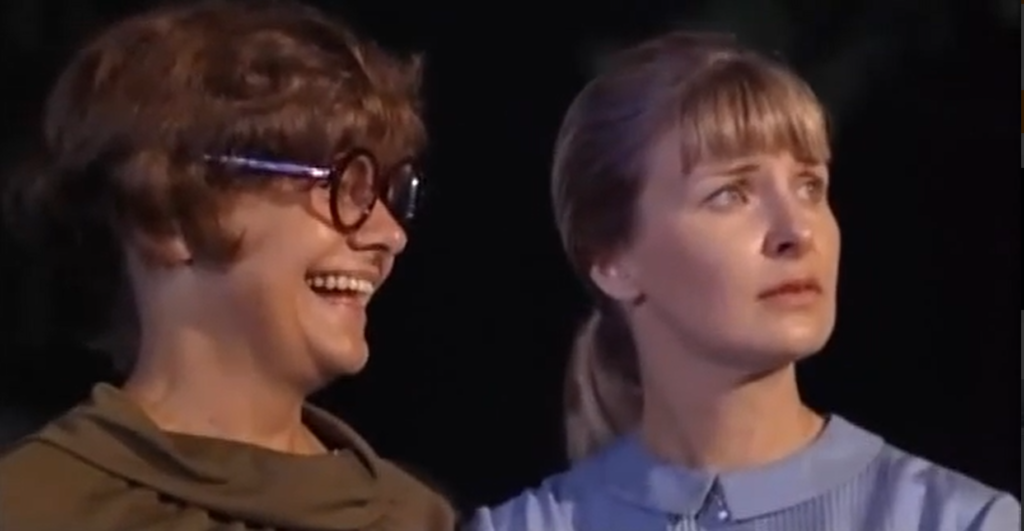
- Fine cinematography
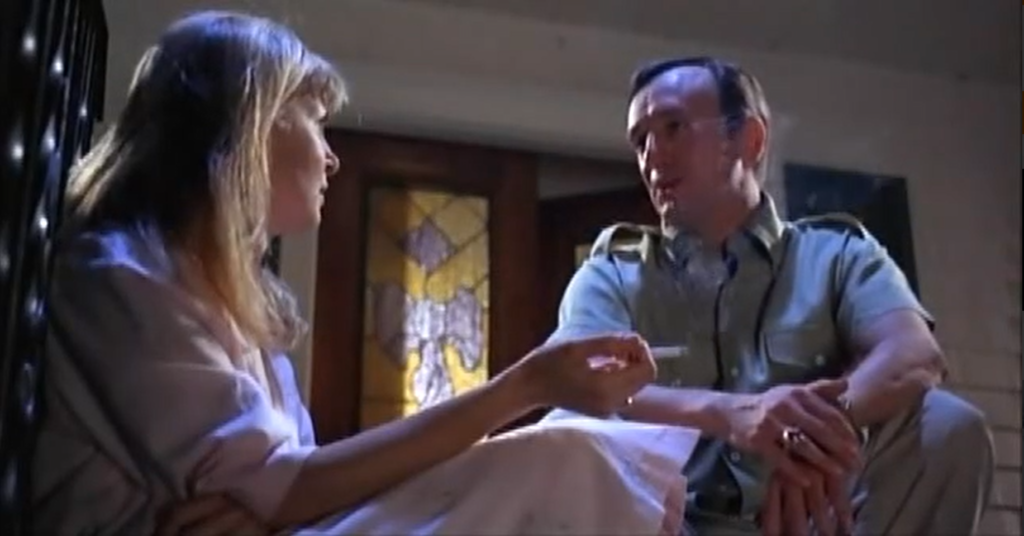
Must See?
No, but it’s recommended, especially for fans of Woodward.
Links:
|
One thought on “Rachel, Rachel (1968)”
A once-must: see my post on ‘The Effect of Gamma Rays…’; I have some similar feelings about this Newman/Woodward (and daughter Nell) collaboration. Once seen, you may not feel the need to return to it (till now, I haven’t since its release). But its power as a character study is undeniable – and, here, Woodward is more sympathetic than in ‘…Effect…’.
Woodward’s Rachel is among the walking wounded. The distinction here is that she’s intelligent enough to battle with that (partly by having internal discussions with herself), unaware perhaps that her gradual determination to scratch through her warts-and-all self will land her in the direction of personal growth. Though the film is not overtly tragic, Rachel goes through something of an emotional rollercoaster, burdened with misplaced guilt and thoughts of abandonment so strong that she feels constantly in “danger” of it (…not that growing up in a funeral home has helped any).
One of the most striking things about the script is how it captures the small talk of people in a small town (including all the nonsense phrases like “How d’ya like them apples?”). I didn’t read the original novel but I imagine one must applaud writer Stewart Stern (‘Rebel Without a Cause’, etc.) for his adherence to vernacular – as well as character (note the daring inclusion of a near-masturbation sequence).
I don’t know that I’d call Parsons’ character “joyful” – one could probably put this film on a double-bill with “Calla, Calla” and come up with something just as overwrought and compelling. Calla is going through a journey of her own here – somewhat tied to antecedent, ‘pathetic’ lesbian characters. (‘The Boys in the Band’ would start – anyway – to change all that two years later.)
Because Olson’s character is so clearly self-serving, it may go unnoticed how layered his performance is. As well, Harrington’s neediness may be such a turn-off that its spot-on quality may work against the actress. Newman appears to have been very much an actor’s director.
Fave scene: Woodward watches Harrington talk and the camera reveals Harrington as nothing more than a mouth.
Runner-up: Harrington talks about taking a pill and, in her mind, Woodward dumps a whole bottle of pills into Harrington’s hand.
This remains a generally unavailable film. I was only able to see it again thanks to TCM and its salute to Paul Newman. It deserves DVD release.